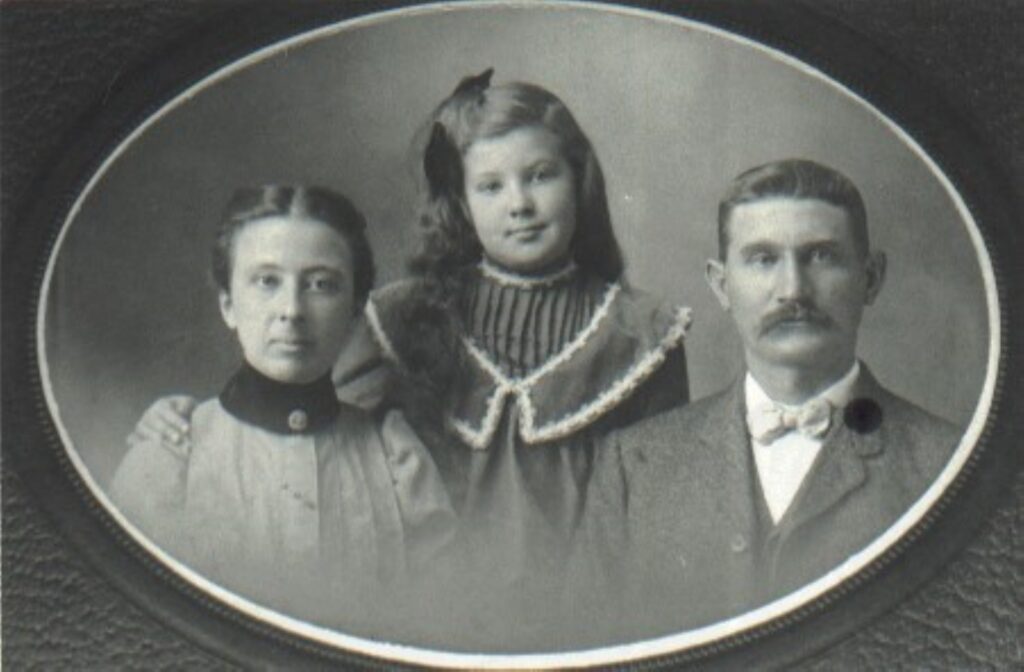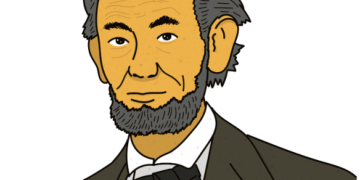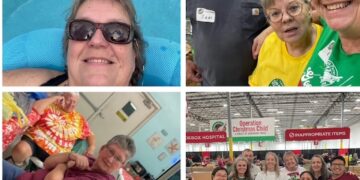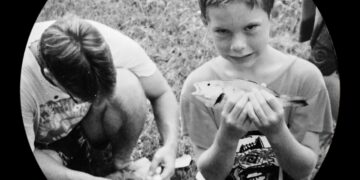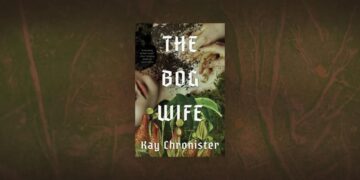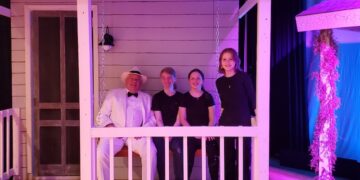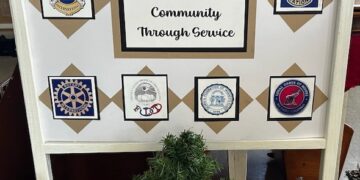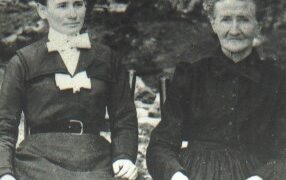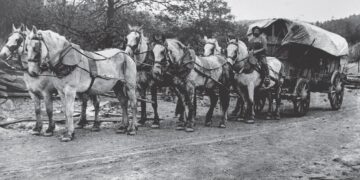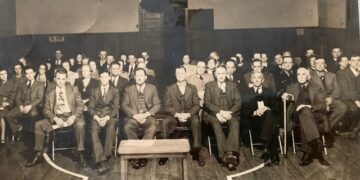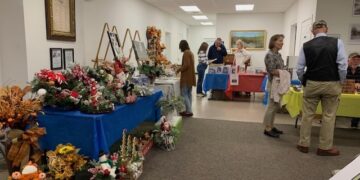Pat Turner Ritchie
The lawsuit of Fawley vs Fawley, 1902, has 200+ pages of testimony from 22 different witnesses containing interesting tidbits about Gap life from 1880 to 1900. A recurring theme was that life in Brocks Gap was very economical. Attorney Yancey stated, “Is it not a fact that all the people in Brock’s Gap, whilst they live fairly well, are and must be economical?” While there was some good farmland, most was hilly with mountain white gravel soil. A great many Gap farmers also peeled bark and hauled it or other loads to earn extra money.
The testimony contains some family information that I wish I had in 1990 when I wrote a Fawley history. Jacob Fawley died May 11, 1880. John H. Hess, husband of Sarah Jane Fawley, died about 1890. Sarah Minnick Fawley, first wife of Jacob, died “pretty well out of the fifties” [1850s]. Sarah Minnick Fawley was the daughter of George Minnick and his wife Nancy. When George Minnick died, his widow Nancy was still living and went to live with Jacob and Sarah Minnick Fawley. George Minnick left 3 heirs—John and Michael Minnick and Sarah Minnick Fawley.
Jacob Fawley 1802-1880 continued to work his farm himself until about 1876, when he had to hire farm helpers. The farm was not as prosperous when he was in his 70s as when he was a younger man. When he died at age 78, his daughter Lizzie recalled that she was 9 years old and didn’t have a dress fit to wear to his funeral, and the family borrowed one for her to wear.
Hard times continued for the Fawleys after Jacob’s death. They dressed “very common,” with very plain woolen homemade clothes. Neighbor Laura Fulk testified that when the Fawley family had measles and were too sick to do their housework, she and another neighbor went there to do the clothes washing. They marveled at the Fawley’s very patched clothing: “there was only one or two garments that you could tell what they were made of, and the balance, you couldn’t see what they was made of for patches.”
Jacob’s daughter Lizzie said that her sister wove linsey [a type of fabric] for their winter dresses, and they cracked walnuts and sold the kernels to purchase clothes. Until she was 14 years old, she went bare-footed in the summer even on Sundays. [Evidently only the poorest children had no shoes to wear to church]. After she was 14, she worked away from home to pay for shoes. Their sister wove jean cloth for the boys’ clothes, using wool from their own sheep.
Under 16 years when their father died, Margaret’s sons went west when they were grown. As teens, they had helped their mother on the farm. Lizzie said that they didn’t drink or use tobacco in any form while at home. Their mother Margaret called them sober, smart and industrious men. Abram went west before he was 21. Dan went west before he was 21 by borrowing money from Tim Fulk, taking a plain suit and cotton underclothes. Dan remained in the west a few years but returned when his brother Ben died in 1888. Ben stayed home all his life but died when he was about 22 years old. Gabriel left when he was about 20. Note from Pat: Ben Fawley was the father of Nora (Fawley), wife of Ernest Fawley of Fulks Run. Dan Fawley was the father of Pauline Fawley Beard of Linville; he died in Illinois but was buried in Fulks Run. Gabriel moved to Oklahoma, and I know one of his granddaughters. She said that he moved away for work; he never returned to Virginia.
A new road was built through the Fawley farm, and the county reimbursed Jacob’s widow Margaret $170 for damages. It passed through one long field and passed around other fields and necessitated about ¾ mile of new fence on each side. The new road made the path to her spring very steep, so Margaret had a well dug near the house which did not hit water and then had a cistern and pump installed. Note: the spring is still in existence.
Farming on the Fawley farm was still manual labor in 1880 to 1900. However, some nearby farmers had purchased mechanical binders, like Newton Bare, William May, Michael Ritchie, John Trumbo, Erasmus Hulva, Solomon Ritchie, Bob Miller, and Jackson Shoemaker. When her sons left home, Margaret had to rent the farm on shares, thus cutting her farm income in half. The plaintiff attorney tried to establish that the farm should have produced enough income for her without having to cut timber. Lizzie retorted: “I don’t know where you can get a good man to work for other people’s interests.”
